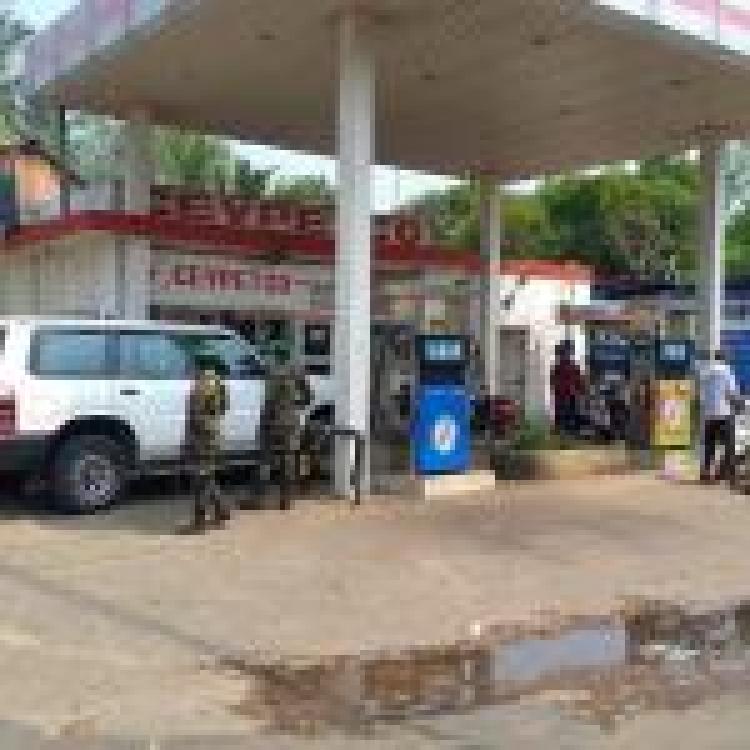Queues formed at petrol stations across the island on Friday and over the weekend, after a sudden surge in demand was triggered by the decision of the Fuel Distributors’ Association to halt fuel orders, leading to concerns of a possible fuel shortage. Motorists rushed to filling stations, while stations began to ration the supply.
Sri Lanka's Minister of Labour and Deputy Minister of Economic Development, Professor Anil Jayantha, addressed Parliament on Friday, asserting that the country had sufficient fuel reserves and that the queues were a result of an artificial shortage created by "certain organized groups". He reassured the public that there was no genuine crisis, a claim echoed by Ceylon Petroleum Corporation (CPC) Chairman D.J. Rajakaruna, who stated that over 500 fuel orders had been received from the Western Province alone.
The dispute stems from the CPC’s recent decision to abolish the 3% commission granted to fuel distributors, replacing it with a new commission formula that, according to the CPC, would provide distributors with a higher commission than before. However, the Fuel Distributors’ Association, opposing the change, announced on February 28 that they would refrain from placing fuel orders starting March 1. The association has also decided to halt fuel supply on credit to all state institutions, further intensifying concerns over potential supply disruptions.
Despite government assurances that there is no risk of a fuel shortage, long queues were seen in Colombo and other major cities, raising fears of another fuel crisis. The Petroleum Dealers Association, representing 1,400 fuel stations, warned that any inconvenience caused to consumers would be the responsibility of the CPC Chairman and management, blaming their decisions for the disruption.
With fuel orders set to stop, many on the island remain anxious about possible supply shortages in the coming days.

